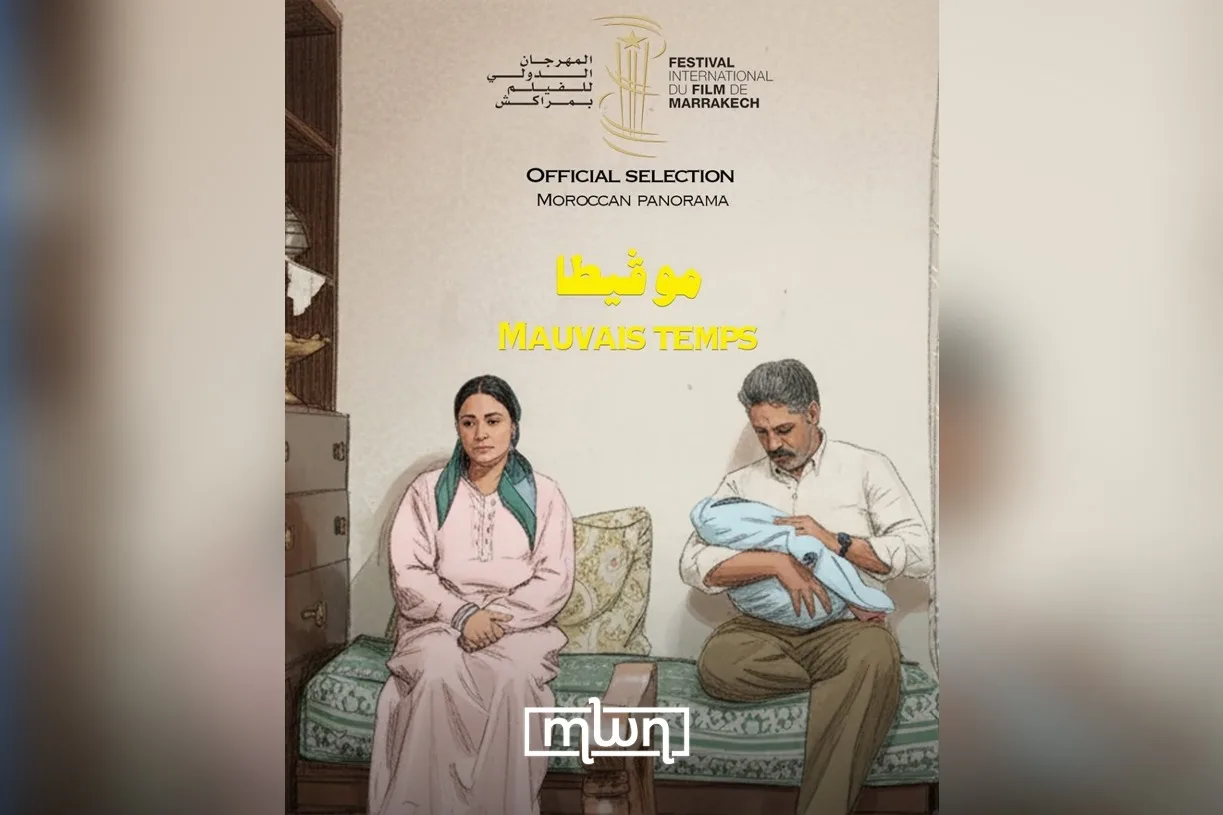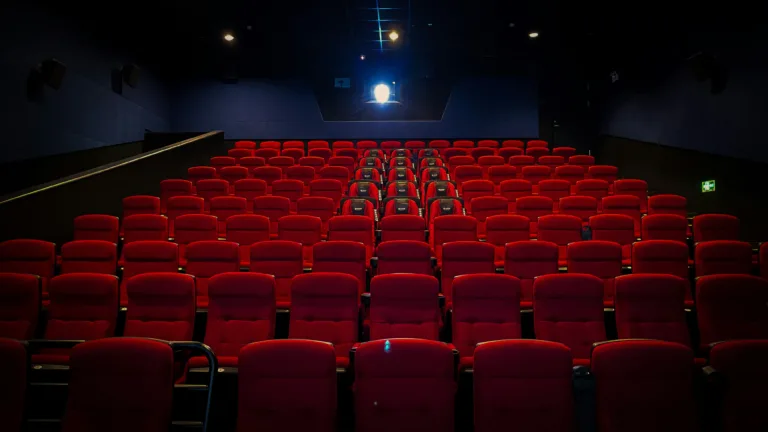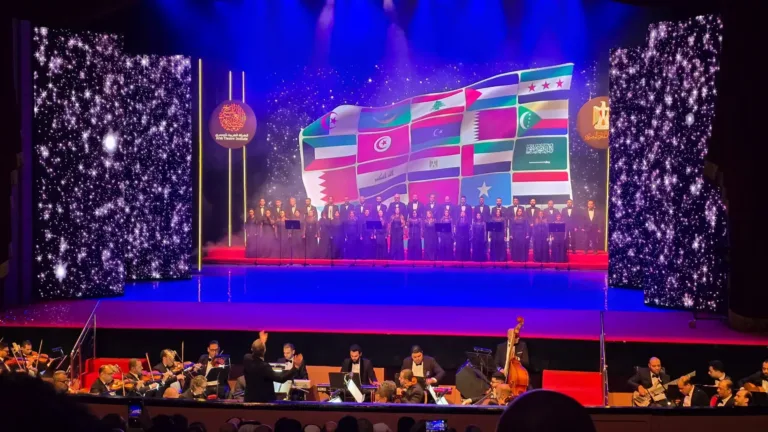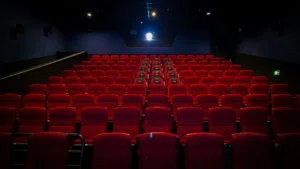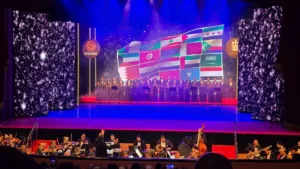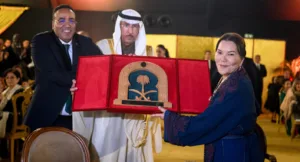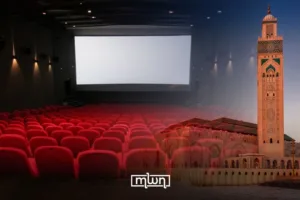Fez — Directed by Maadan El Ghawzani, “Mouvita” arrives in Marrakech after its first showing at the National Film Festival drew attention from local critics.
The title nods to the French phrase “mauvais temps” (bad weather), yet the storm that drives the film represents an inner battle. Rain, wind, and clouds appear as signs of psychic upheaval and as emblems of hope breaking down in a society under strain.
The story follows a family of four living in a cramped home that the father shares with his brother. When the brother asserts his claim to the house and raises a wall through the space, even the shared toilet is split off.
What might sound like a narrow domestic dispute becomes a study of humiliation, survival, and what it means to keep one’s self-respect. The father searches for work to fund a new toilet, only to meet repeated failure — a cycle that mirrors his breaking point.
A Domestic Struggle as a Metaphor for Dignity
Moroccan critic Fouad Zwirik called the film a finely crafted human canvas that goes beyond plot to probe the human condition. He argued that the loss of a toilet functions as a precise metaphor for the loss of dignity, and that the father’s effort to rebuild it becomes a form of resistance, a bid to reclaim what remains of family and self. He also read the home as a reduced version of the nation, with a fragile wall standing in for integrity, and with a simple fixture representing the dream of a decent life.
Performances anchor the film’s impact. Abdelnabi El Bannawi and Hajar Krikae lead with quiet control, relying on silence, glances, and vocal breaks more than on long dialogue. Child actor Mohamed Marou gives the work its moral compass. In one scene he places an egg in a small cage and waits for a bird that never comes, an image Zwirik reads as a compact of hope in a place that offers little room for life to grow.
“Mouvita” avoids simple conflicts between heroes and villains. It turns inward instead, toward a struggle between people and their own limits, between daily needs and the wish to remain whole. The result is a modest plot with intense symbolism, shaped by a visual plan that critics describe as confident and spare.
The film screens in the Moroccan Panorama section, which showcases homegrown stories to local and international guests at the festival. Full dates and showtimes will be listed in the festival program. For audiences in Morocco, “Mouvita” offers a stark portrait of hardship that asks a clear question. What does it take to protect dignity when the walls around a family keep closing in?

